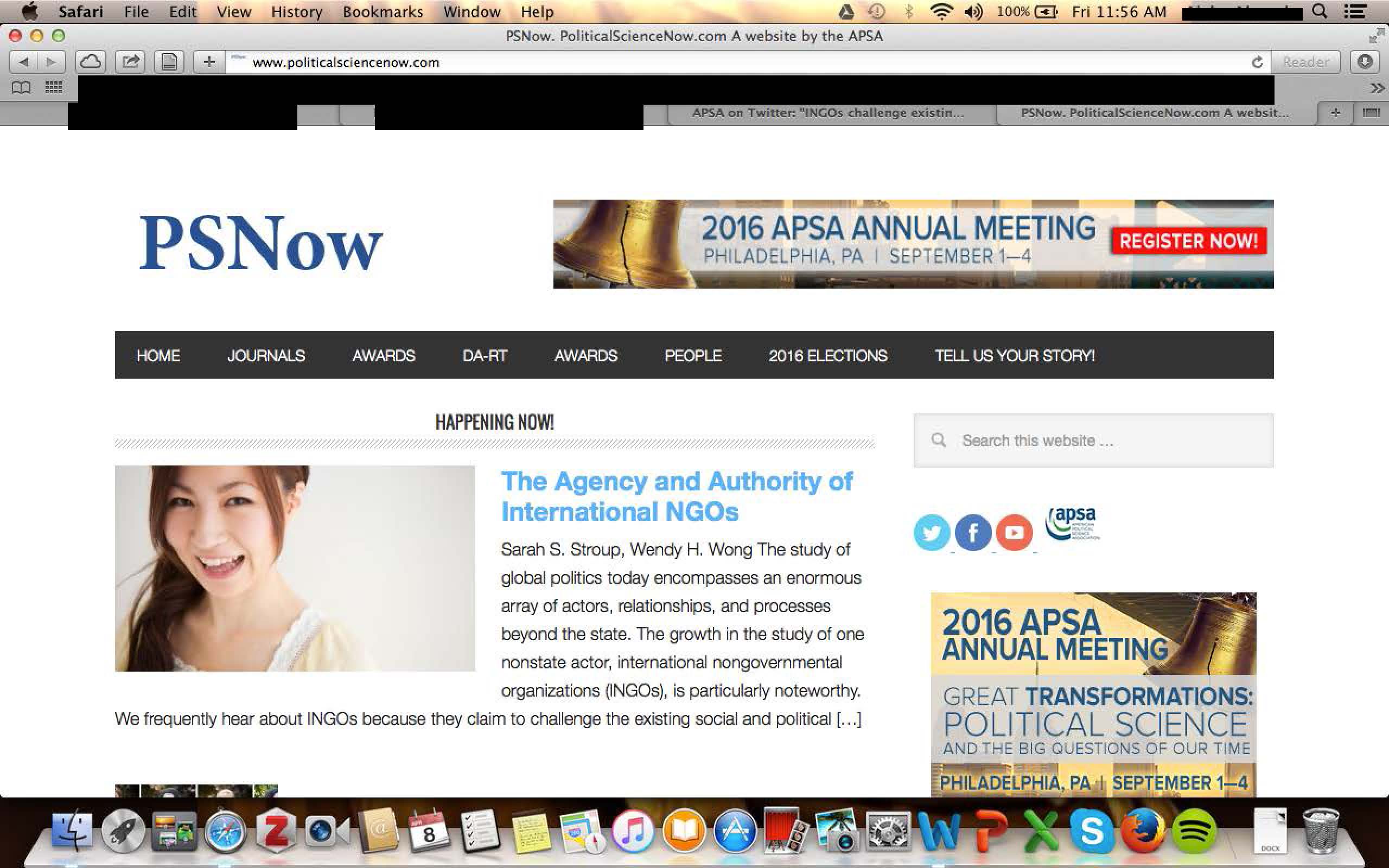This post from our partners at Bridging the Gap is written by BTG Fellows Danielle Gilbert and Erik Lin-Greenberg, who are now the new editors of the BTG Duck channel, coordinating contributions from BTG’s network of scholars. The past twelve months have been fraught...


